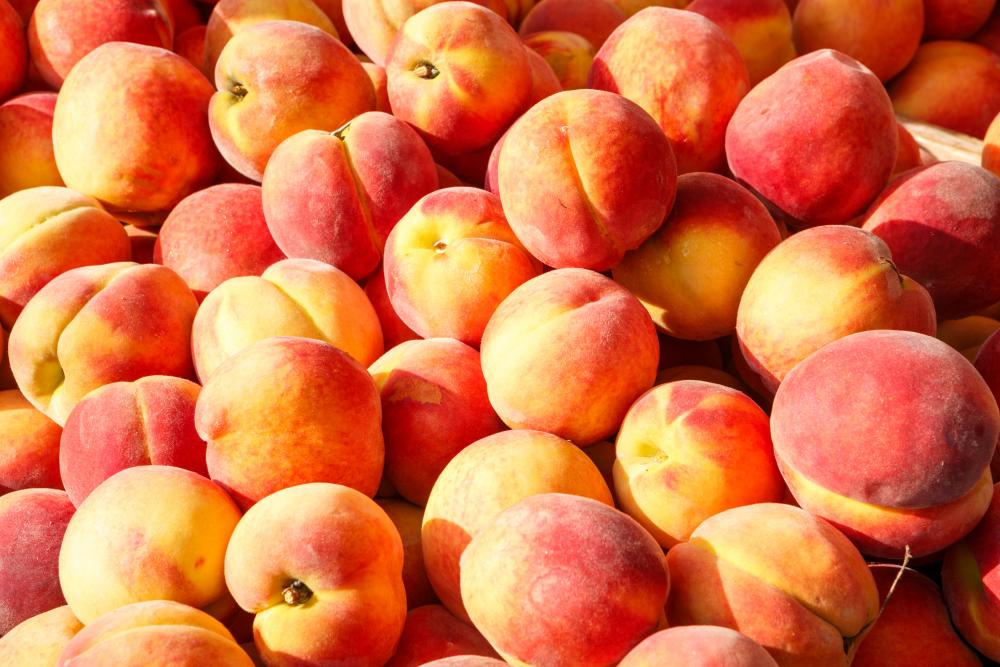2 min Read
Look at those peaches! Stands at your local farmers market may soon offer a wider selection of fresh fruits and vegetables thanks to a perhaps unexpected source.
With supermarket shelves looking more scarce due to Covid-19's downstream supply chain effects, more people turned to local farmers to supply their food needs. The pandemic provided a much-needed wakeup call as to just how exposed our long-distance food supply lines can be.
Farmers, governments, non-profits, and entrepreneurs have thus stepped up to see what can be done to nurture local "farm to fork" operations with investments and cultivate locally grown food backup networks.
In the midst of these emerging initiatives to expand local farm options, gene editing has a valuable role to play. Gene editing is revolutionizing food production overall—with improved yields, stronger resistance to blight, less water consumption, greater soil resiliency, and better nutritional content.
And CRISPR gene-editing technologies, because they can be so precisely targeted and adapted to local conditions, can likewise change the game for farm stand microenvironments. Besides supercharging produce that already exists, CRISPR can also give local producers a chance to cultivate new crops—crops that, until now, could either not be grown locally or were plagued by local pests and viruses.
After all, farmers markets are seasonable, variable and can offer only what is possible in a given agricultural environment. You're not going to see local mangos in Bangor, Maine or down-the-road peaches in Provo, Utah.
Or at least that was true before.
But over the next few years, the variety and quality of farm stand produce will become more varied, more colorful and more nutritious. Smaller farms will be blessed with a whole market basket of new gene-edited seeds, which will generate more hardy crops and increased sales for struggling market garden farmers.
We may not replace the bounty of vast fields of industrial farming straight away. But over the next few years, all of us will have the security of a delicious "food bank" that will go a long way towards keeping hunger from the door should there be a recurrence of Covid-like disruptions.

